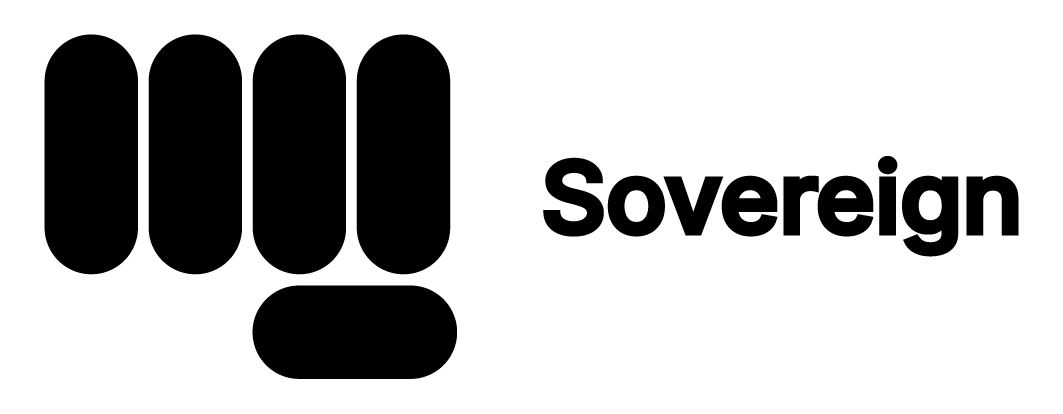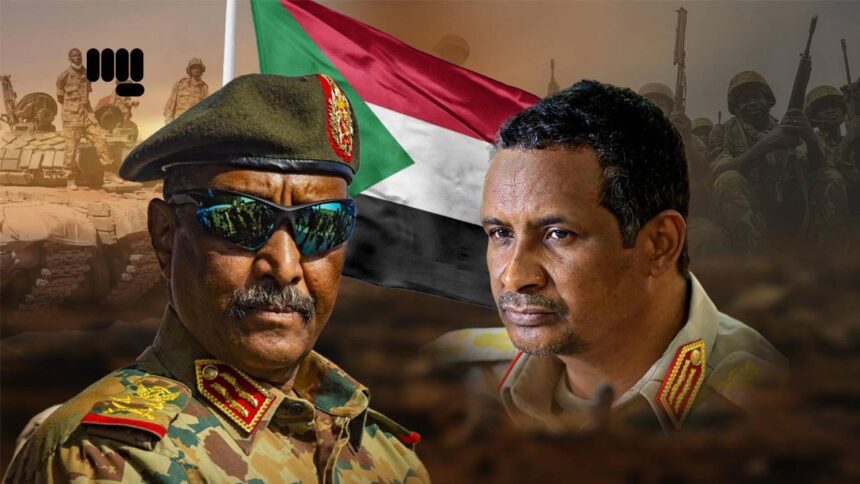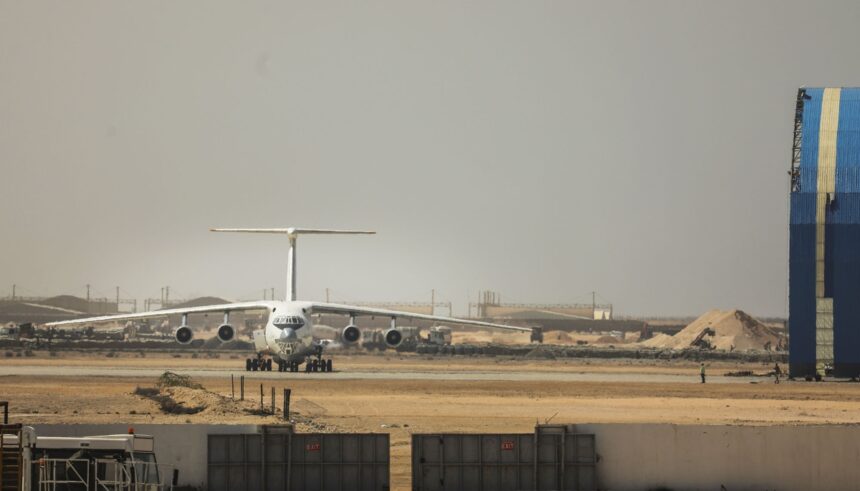On October 21, 1969, Major General Mohamed Siad Barre led the Somali Revolution, a moment that many still regard as the birth of modern Somalia. Guided by socialist and Pan-African ideals, the revolution sought to unite the country under a vision of self-reliance, literacy, and dignity.
Often remembered as Somalia’s “golden era,” Barre’s government introduced the written Somali language still used today across Somalia, Djibouti, and parts of Ethiopia. It launched nationwide literacy campaigns, expanded free healthcare and education, built roads, schools, and hospitals, and successfully managed droughts that could have turned into famine.
Somalia also became an active player on the global stage, championing Pan-African solidarity and pushing at the United Nations for an arms embargo on Portugal until its African colonies gained independence.
Though the revolution’s promise was later overshadowed by authoritarianism and civil war, its early years remain a powerful reminder of what a united and self-determined Somalia once achieved — and can achieve again.













